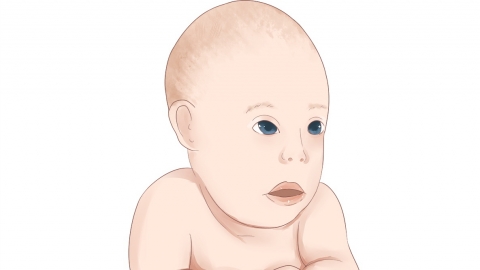Is Kabuki syndrome hereditary?
Generally, Kabuki syndrome may be inherited by offspring. If related symptoms appear, timely medical consultation is recommended. A detailed explanation is as follows:
Kabuki syndrome is a genetic disorder caused by specific gene mutations. These gene mutations may be located on autosomes, such as mutations in the KMT2D gene, in which case the pattern of inheritance is autosomal dominant. Alternatively, they may be located on the X chromosome, such as mutations in the KDM6A gene, in which case the inheritance pattern is X-linked dominant.

If one of the parents carries a pathogenic gene responsible for Kabuki syndrome, each child they have has a 50% probability of inheriting the disease-causing gene and subsequently developing the condition. In this mode of inheritance, the risk of offspring inheriting the disorder is relatively high, and the likelihood of being affected is nearly equal for both males and females.
In daily life, it is recommended to maintain good eating habits and consume sufficient nutrients. At the same time, maintaining a positive mindset is also important.






